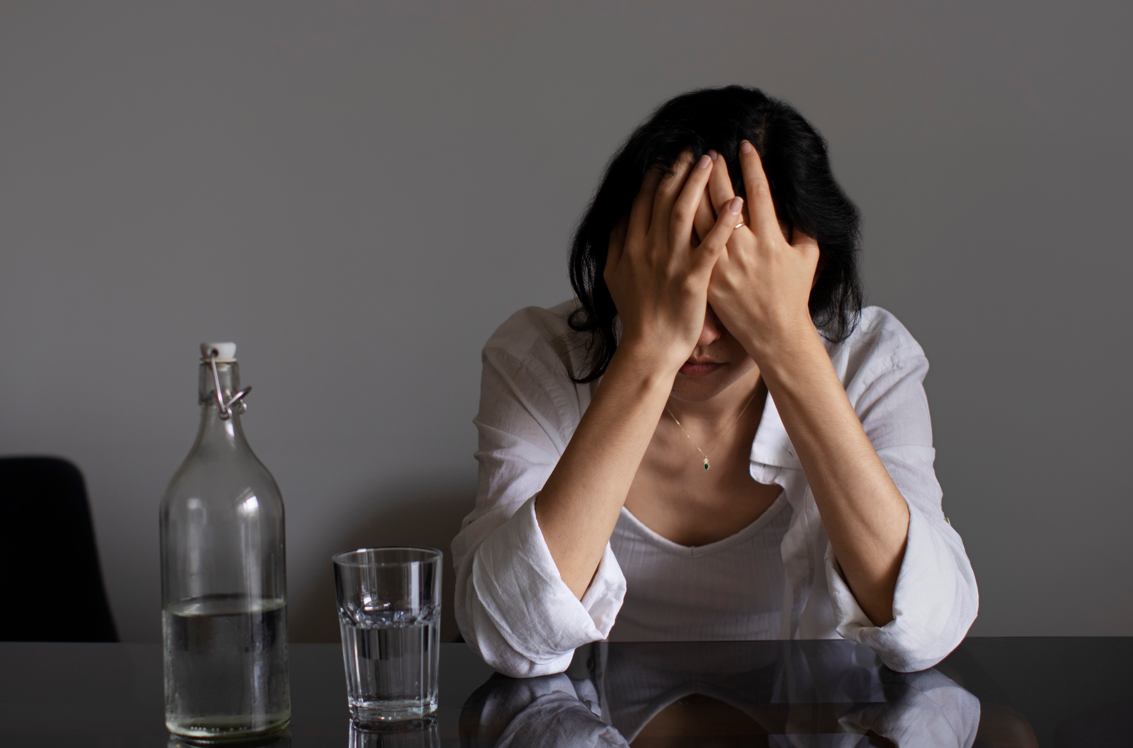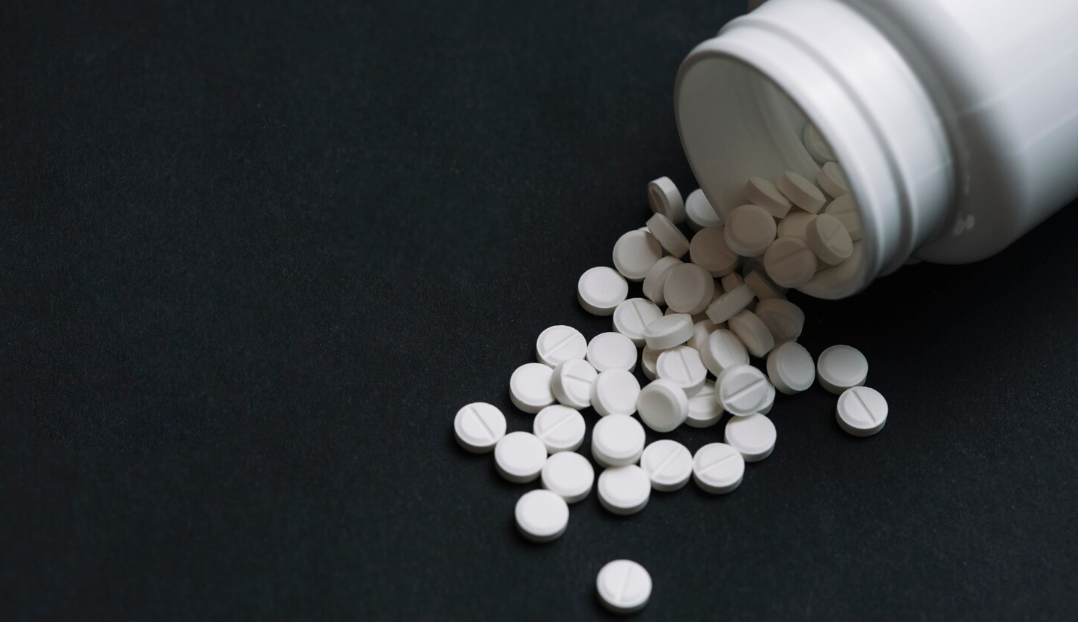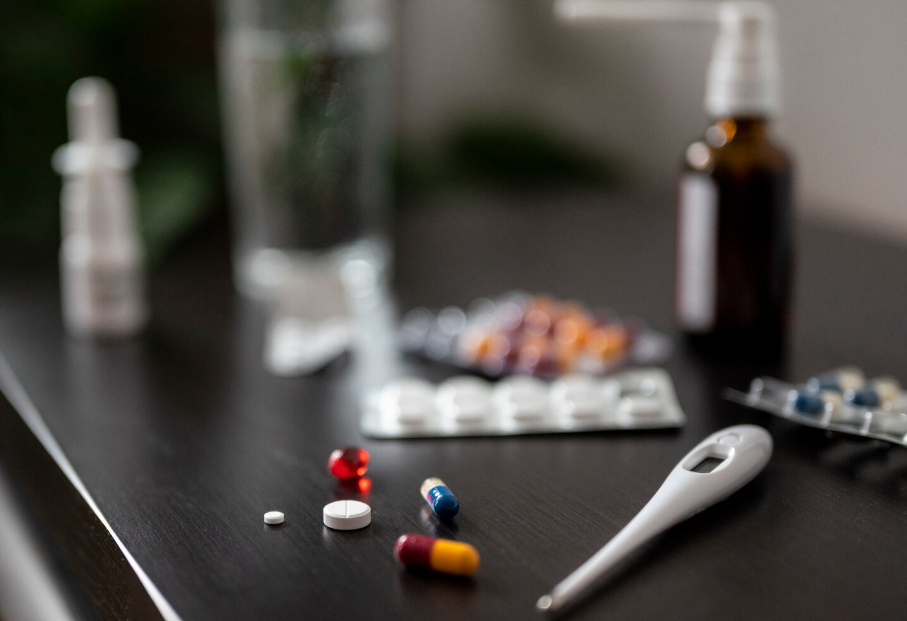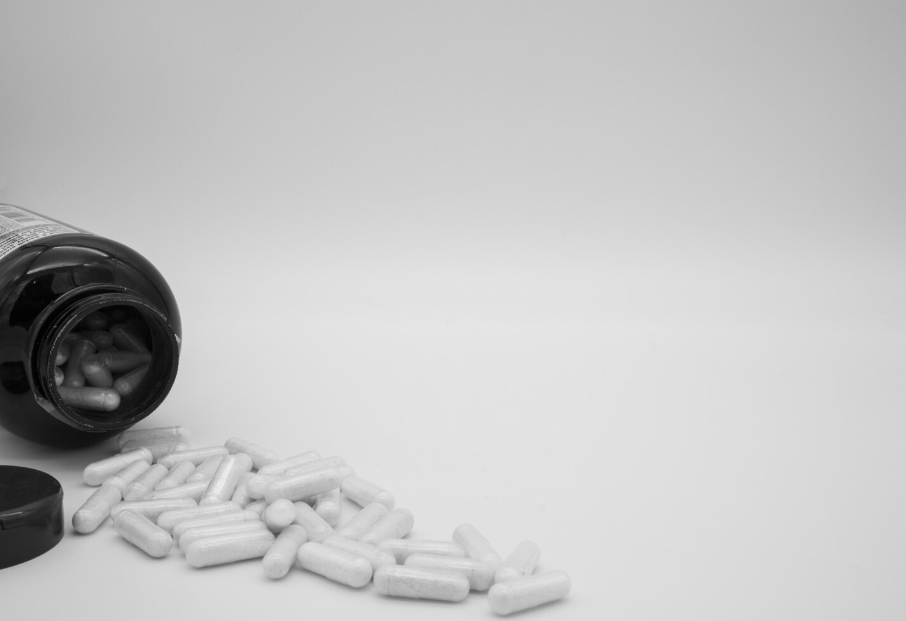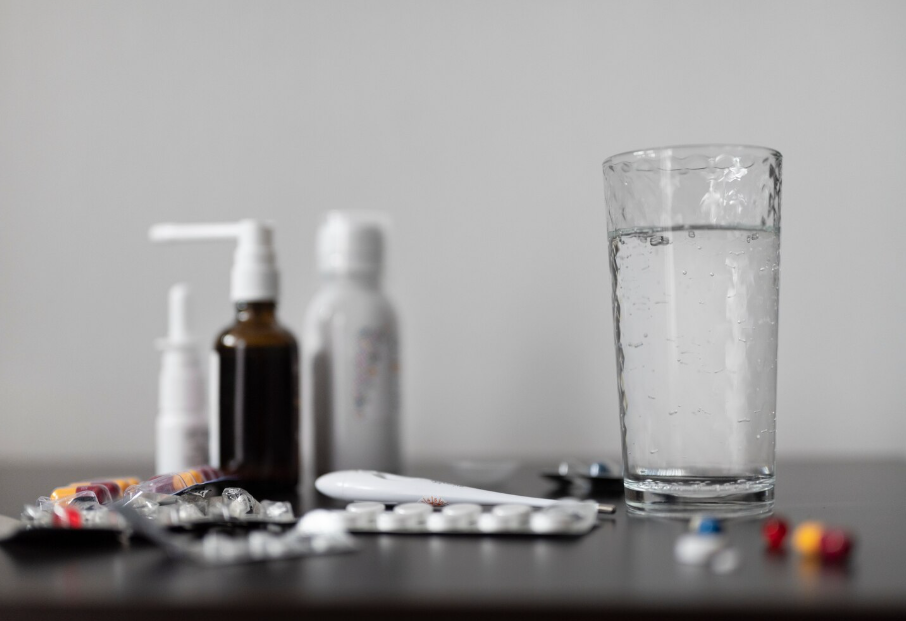This guide explains how outpatient drug rehab programs help people recover from addiction. Newfane recovery center and similar facilities offer structured treatment that lets patients live at home while getting help. These programs include counseling, group therapy, medication support, and other healing methods. The treatment addresses physical, emotional, and mental aspects of addiction. Each person gets a plan tailored to their needs and recovery goals.
Types of Outpatient Drug Rehab Programs
Different types of outpatient programs help people at various stages of recovery. Partial hospitalization programs give more structured care for those who need extra support. Intensive outpatient programs (IOPs) include frequent therapy sessions and group meetings. Regular outpatient programs are less intensive, letting people attend therapy while keeping up with work or family duties. Some programs focus on dual diagnosis treatment, helping with both drug addiction and mental health problems. Picking the right program level is important for successful recovery.
Components of Treatment Plans
Treatment plans have several key parts that work together. Personal counseling gives one-on-one attention to explore why addiction started. Group therapy lets people connect with others facing similar problems. Medication management helps control withdrawal symptoms and cravings. Other methods, such as yoga or mindfulness, help reduce stress and improve overall health. Each part targets different aspects of addiction - physical, emotional, and mental. This complete approach gives people the best chance at lasting recovery.
Counseling and Therapy Options
Counseling forms the heart of outpatient treatment. Individual sessions provide a safe place to talk about personal issues that led to drug use. Therapists use proven methods like cognitive-behavioral therapy (CBT) to help change harmful thoughts and behaviors. People learn healthy ways to cope with stress and prevent relapse. Group therapy creates connections with others in recovery. Family therapy can help repair damaged relationships. Active participation in these sessions gives people the tools they need for long-term sobriety.
Support Services for Recovery
Support services provide ongoing help throughout the recovery process. Peer support groups like Alcoholics Anonymous connect people with others who understand addiction challenges. Case managers help with practical needs like housing, jobs, and social services. These services create a stable foundation for recovery. Family support programs help heal relationships hurt by addiction. Having a strong support network makes recovery easier and more successful.
Patient Education and Skill Building
Education and skill-building help people understand their addiction and learn recovery tools. Classes teach about how addiction affects the brain and body. People learn to spot warning signs and high-risk situations. Skill sessions focus on stress management, communication, and healthy coping methods. This knowledge helps people make better choices and avoid relapse. Building these skills creates confidence and strength for lasting recovery.
Monitoring Progress and Adjustments
Treatment teams regularly check how well each person is doing in their program. This helps make sure the treatment is working and allows for changes when needed. Here are four ways progress is tracked:
- Regular Check-Ins: Frequent meetings to talk about challenges, wins, and any life changes that might affect recovery.
- Assessment Tools: Tests and surveys that objectively measure progress.
- Feedback: Patient input helps customize treatment plans to fit individual needs better.
- Team Collaboration: All treatment staff work together to review progress and make informed changes to the plan.
Other Related Posts:







